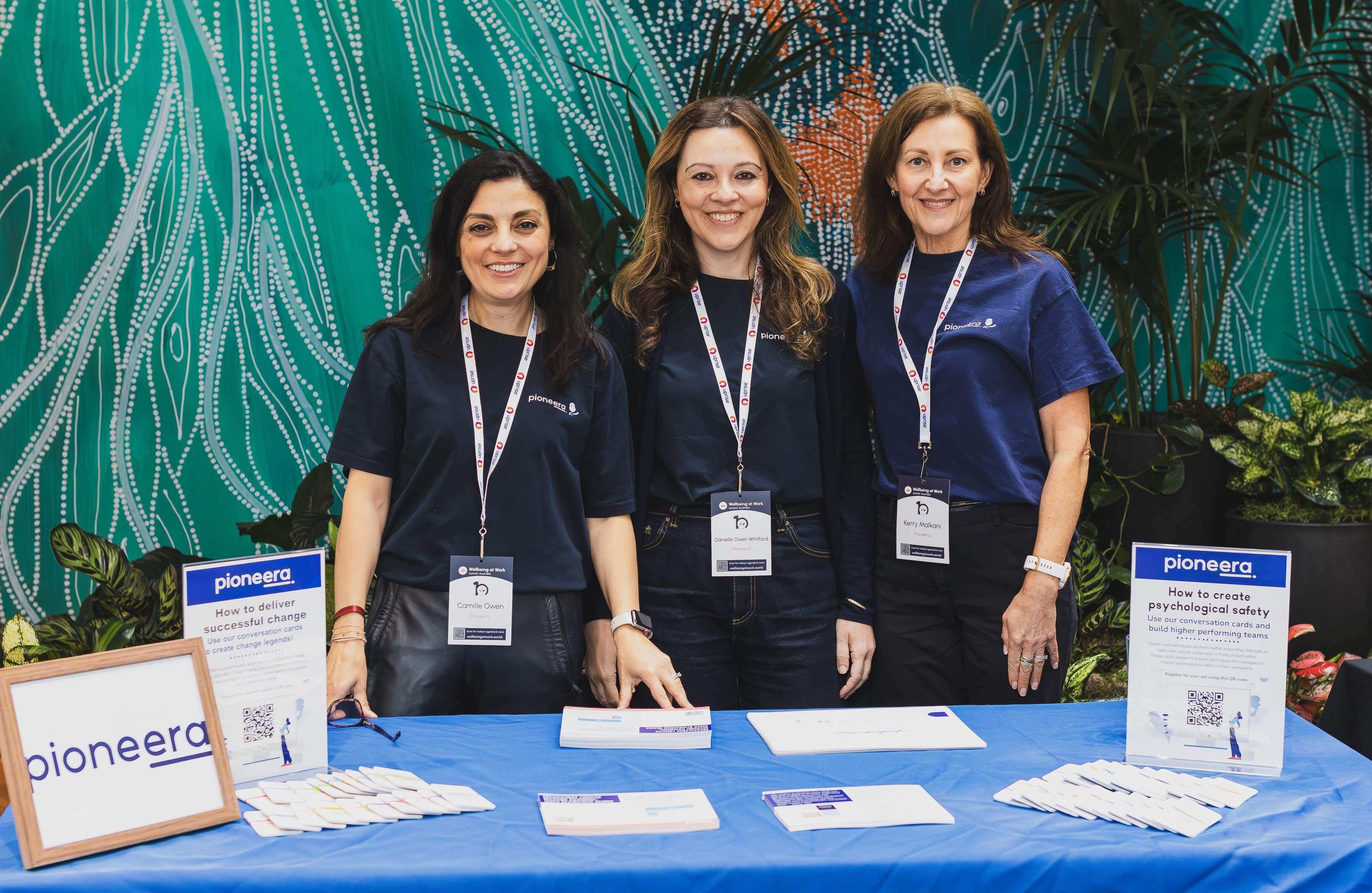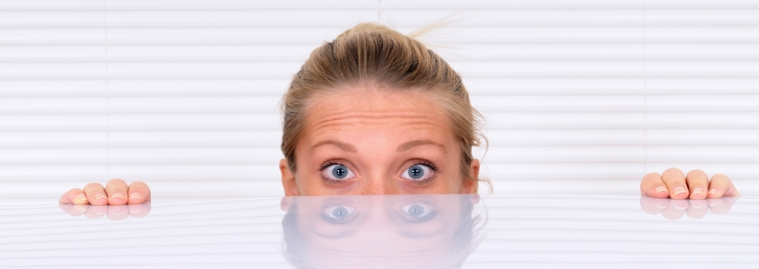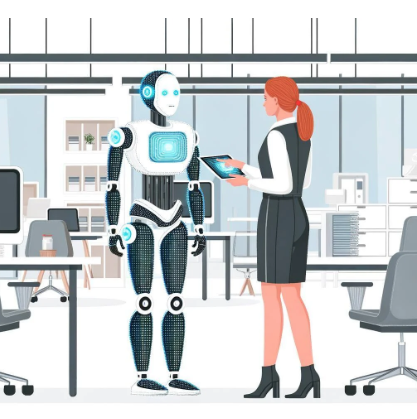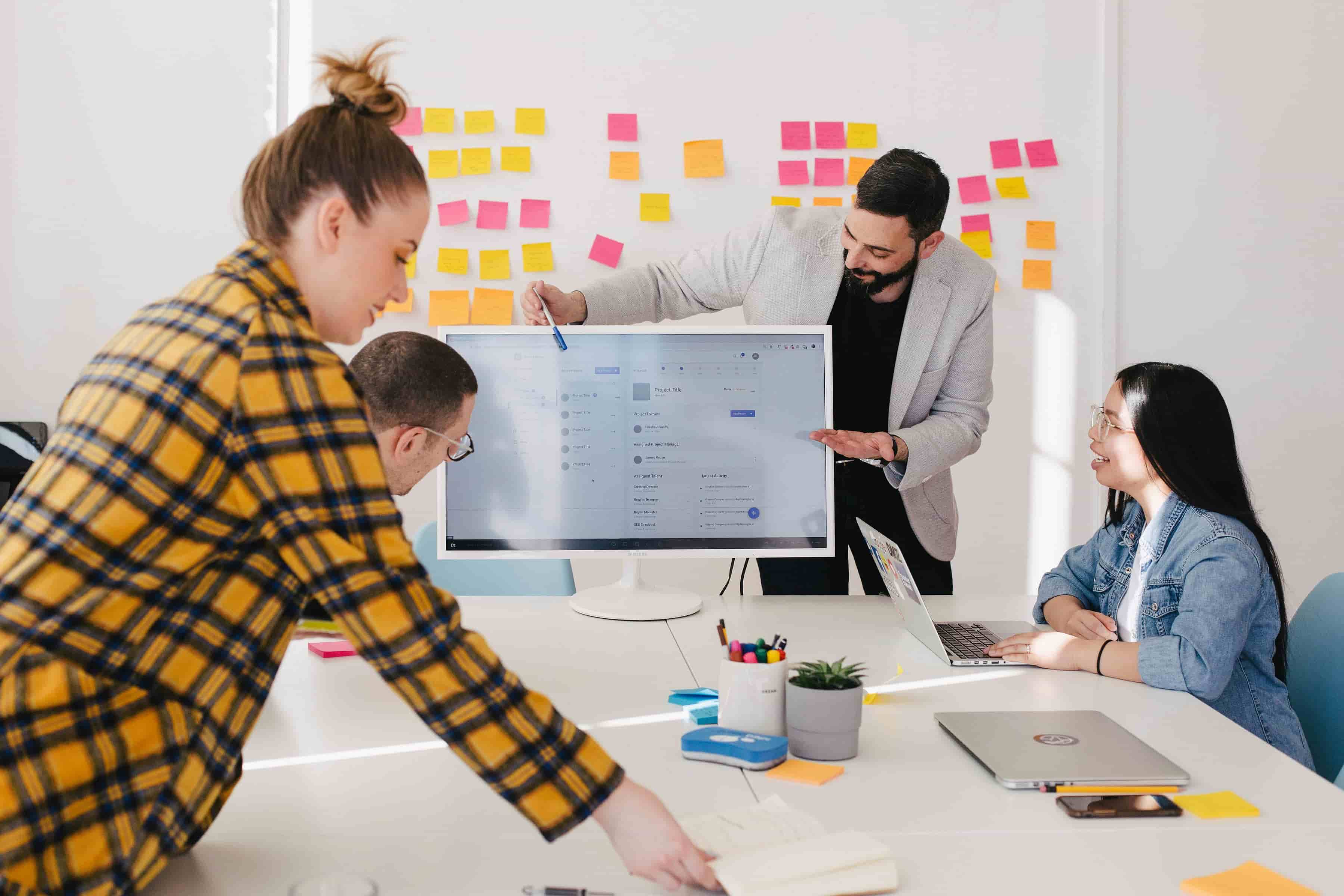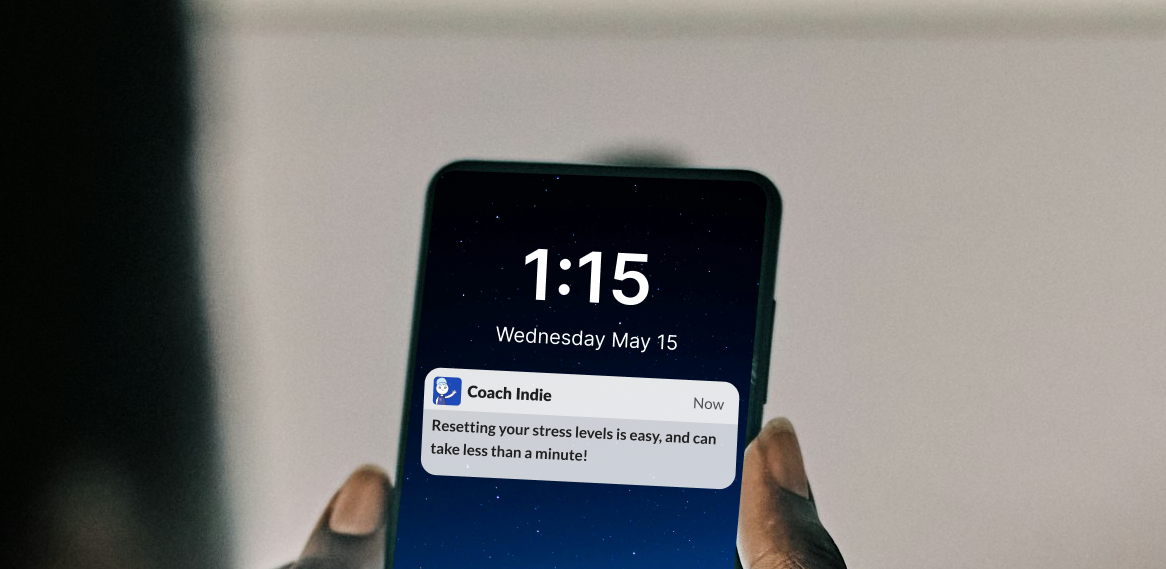At least you have coffee, right? Unfortunately, too much of that can be bad for you, too.
I know, I know. You’re busy. Busy with work, busy with the kids, busy with the renovations, busy with social media and streaming your favourite programs on demand. Busy trying to build a legacy, something to be proud of, to make your dent in the universe.
Too busy to catch up with friends and family because you’re so exhausted from this perpetual busy-ness of 21st-century living. And all you really want to do is sit on the couch in the dark with a glass of shiraz, gently swirling the light caught from your phone around the room… but we both know you’d just end up checking your emails.
We wear our busy lives like a badge of honour, valuing our worth by the hours we put in, instead of the quality of the output. It’s as if we’re afraid to have spare time. According to Twitter, Megan and Dan were still working at the office at 11pm on Thursday night. Now there’s a tightness in your chest because you feel guilty for not being there, too…
Somehow, we find comfort in knowing that everyone is busy, not just us, because it’s just the way things are today. But the truth is, every little bit of this busy-ness business, big or small, adds a little more stress to our lives, compounding, weighing us down… and silently, it builds. And because we’re conditioned to believe that stress is just a normal part of life, we ignore it. Sometimes, we’ve lived with it for so long that we don’t even know it’s there. Both responses to stress are precarious.
Australians are working 3.2 billion hours of unpaid overtime a year.

Yes, we’re in the age of stress. So much so that the World Health Organisation labelled stress a “health epidemic of the 21st century.” In fact, over 70% of Australians and Americans say stress impacts their health, and it’s costing the Australian economy nearly $15 billion per year, and the US over $300 billion!
Australians are working 3.2 billion hours of unpaid overtime a year and have 134 million days of accrued annual leave. 3.8 million employees reported that they usually skip their lunch break, and 7.4 million Australian adults say they’re not getting enough sleep.
But people have been working, running businesses, having kids, and juggling it all for years. So what's going on? What’s changed?
As interconnected as we are, with our infinite access to friends, family, news, fake news, FOMO, war, what Donald Trump had for breakfast… with 24/7 connectivity, we just can’t seem to switch off.
The spike of adrenaline from praise on your social feed, as you prepare to leave the office after a long day, is addictive. This is shortly followed by shortness of breath as you receive a message expecting the work due next week to be finished by tomorrow.
So, you cancel your dinner plans, call your team back and, of course, you all work late to get the job done. You’ve done it before, and you’ll probably do it again. Because, sometimes, that’s just the way things are.
We’re simply not designed to withstand this constant level of stress.

It’s becoming harder and harder to recover from stress in the work-life blur of 21st-century living.
But it’s not just the stress from work, it’s the constant chasing of one’s tail to catch up on everything that’s compromised due to work - social plans, family commitments, health, time to yourself (what’s that?). We’re simply stretched too thin, trying to live up to these unrealistic, yet somehow, normalised expectations. We continue to tolerate and ignore the signs of stress, unchecked, untreated… and it continues to build.
Despite the common myth (or ego), we’re simply not designed to withstand this constant level of stress. Under the right conditions, short bursts of stress can help us thrive. Our fight-or-flight response kicks in and our mind and body become sharp, agile, and ready to act. This evolutionary advantage has served us for millions of years.
The same stress-induced surge of adrenaline that helped our ancestors take down a charging mammoth, now helps us meet a tight work deadline, pick up the kids from school on time, and rush home to cook dinner. But, biologically, we need time to recover today to be effective tomorrow. This remains something many of us continue to struggle with.
The ability to have stillness in our lives can actually be quite hard.

Did you know that social media likes won’t make your food taste as good as it would have 10 min ago? According to organisational psychologist, Leanne Faradar-Brash:
“The ability to have stillness in our lives can actually be quite hard. We have constant access to our devices, so even if we’re not working, a lot of people still spend a large chunk of their life in a very wired, over-adrenalised state … There is very little opportunity for any mental downtime.”
So, we’re not afforded that basic, imperative need to recover from heightened stress. Sometimes due to external pressure, sometimes self-imposed. We get slower, less effective in our day-to-day, that cough just doesn’t go away, and we’re so, so tired… until all that stress that’s been silently building up for far too long, unchecked, ignored… bam! Burnout. Now it’s even harder to recover.
Absenteeism is up, stress leave is far more common, productivity is not what it should be, and businesses are struggling to hold on to talent. The risk of project failure due to stress is very real.
The once sacred line between work and life is increasingly blurred as we push, and are pushed, harder and harder, and never seem to get everything done. The billion dollar question is: is it working?
To perform at your best, you need to rest.

Taking the time to relax your mind and body can help reduce stress and increase productivity. Ripped jeans are optional.
Yes, we’re in the age of stress. An epidemic that will be one of the most significant challenges for individuals and business over the next decade. Implementing change needs to go beyond just yoga and an office gym. It starts with changing the stigma around stress. Quite simply, to perform at your best, you need to rest.
Working late shouldn’t be worn as a badge of honour. A healthy work-life balance shouldn’t just be encouraged, but facilitated. For this to happen, corporate culture transformation needs to go beyond lip service to become action - deeply ingrained in company ethos. This involves active measures to recognise early signs of stress in the workplace; addressing the cause, not just the symptoms and doing something about it before it becomes damaging to individuals and the organisation. This is why we built Indie to help individuals and teams identify and manage stress before it becomes a crisis.
Jeffrey Pfeffer, Professor of Organisational Behaviour at Stanford University, says,
“Few leaders seem to understand that when people come to work for them, those individuals have placed their physical and psychological well-being in the leaders’ hands.”
Indeed, a happy workplace requires strong commitment and action from leadership, but it’s also up to team members. It’s a choice for all individuals to actively prioritise, and take steps to nurture, their well-being. Sometimes that means making difficult decisions. But when it comes to your health, it’s important to play the long game. What you do right now can affect you, for better or worse, in 15 min, 15 days, 15 months, and 15 years.
Welcome to the age of stress. No doubt, you’ve been here for some time. You’re not alone. Now, what are you going to do about it?
